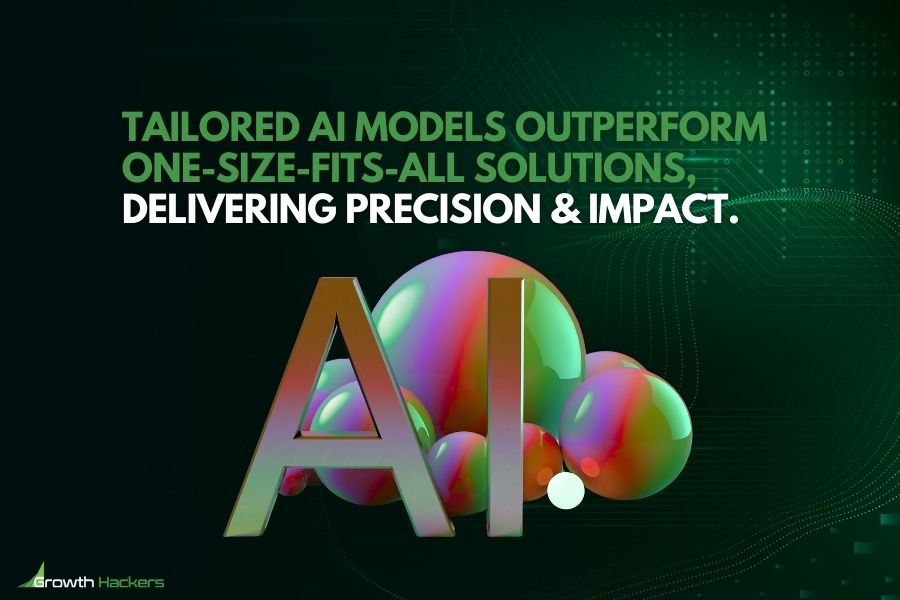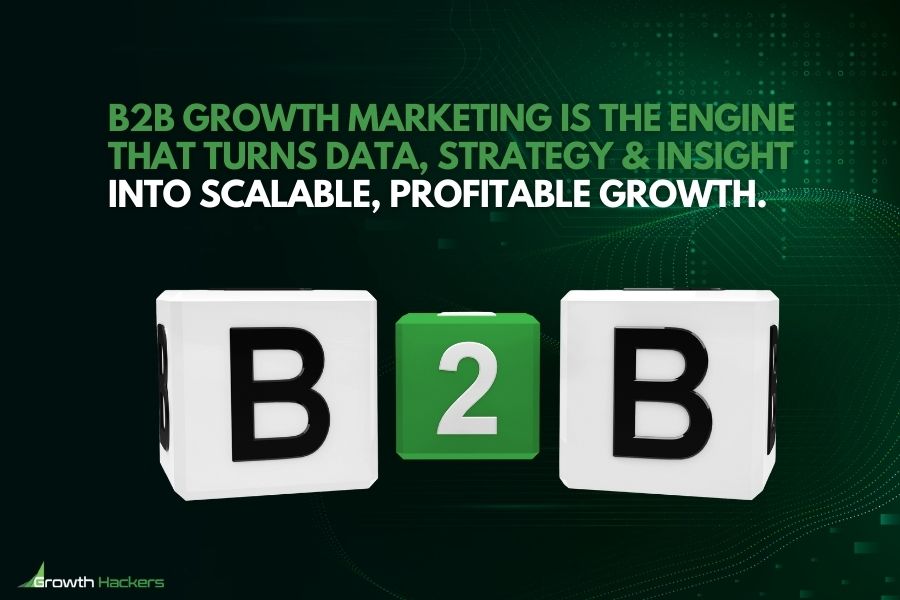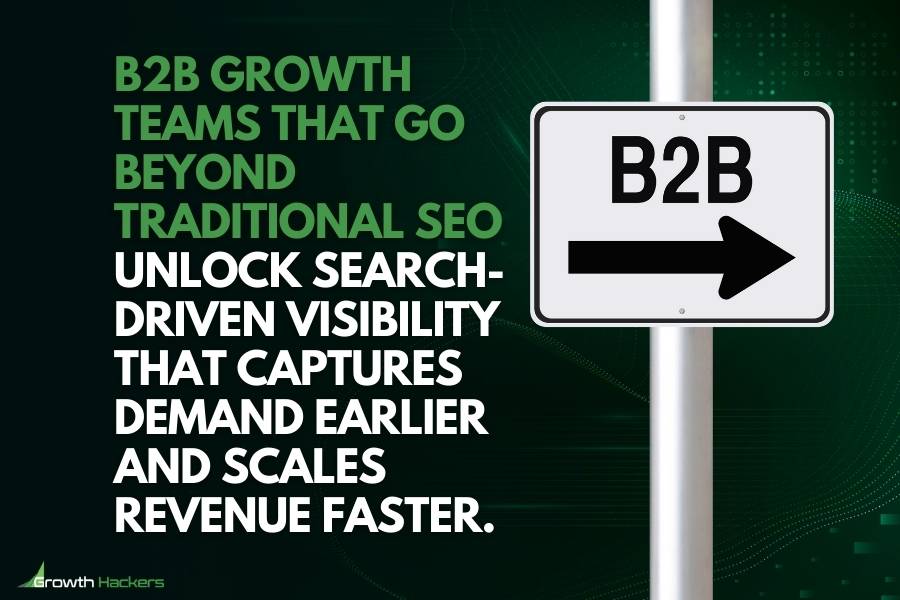Artificial Intelligence (AI) is no longer the exclusive domain of Silicon Valley giants or Fortune 500 companies. Over the past year, AI has made significant inroads into small and medium-sized enterprises (SMEs), offering them tools that were once financially and technically out of reach. In fact, 55% of U.S. small businesses reported using AI tools this year, a significant increase from 23% last year (Axios, MarketingProfs). This dramatic rise reflects a major shift in how technology is being democratized.
Customizable AI models stand at the center of this transformation. Unlike rigid, one-size-fits-all AI platforms, customizable models allow SMEs to shape solutions to meet their exact business challenges. This personalization not only increases efficiency but also allows small businesses to innovate and compete at scale—something previously reserved for larger enterprises.
Understanding Customizable AI Models
What Are Customizable AI Models?
Customizable AI models refer to artificial intelligence systems that can be trained, adjusted, or fine-tuned using specific datasets or business objectives. Unlike off-the-shelf AI tools that offer standard functionalities, customizable models are adaptable. They let companies tweak core functions such as natural language processing, image recognition, predictive analytics, or recommendation engines to serve a niche or localized audience.
For example, instead of using a general customer support chatbot, an SME can train a model to understand its unique terminology, products, and frequently asked questions—delivering far more effective support.
Advantages of Custom AI
1. Cost-Effectiveness
While customizable models may require a larger initial setup, they save money in the long run by reducing the need for multiple third-party tools and human intervention.
2. Scalability
As businesses grow, so can the AI models. SMEs can add new features, expand language models, or update predictive capabilities without starting from scratch.
3. Relevance
Perhaps the biggest advantage is precision. SMEs can tailor solutions to their exact industry, demographic, or regional nuances, making every AI-driven decision more context-aware and better aligned with long-term customer loyalty.
According to Keylabs, customizable AI implementations see up to 2.5x better ROI compared to generic AI tools.
The Business Case for Custom AI in SMEs
AI is no longer an optional luxury—it’s a competitive necessity. The numbers back it up:
1. Productivity Gains
A recent InterVision Systems study reported that AI-enabled systems can boost productivity by 27% to 133%, depending on task complexity and integration depth. For SMEs juggling limited staff and high workloads, this translates into saved hours and increased output.

2. Operational Efficiency
Routine and repetitive tasks such as email sorting, appointment scheduling, data entry, and basic customer service can be completely automated. This not only reduces errors but also frees up employees for strategic work that requires human judgment.
3. Improved Decision-Making
With AI-driven analytics, SMEs can identify patterns in consumer behavior, forecast seasonal trends, and optimize pricing strategies in real time. This leads to smarter business decisions based on data—not guesswork.
AI lets you listen to what your business data is saying. SMEs that don’t adapt are going to be outpaced fast.
– InterVision Systems, Report
Need smarter solutions with customizable AI models?
Contact Growth Hackers
Real-World Applications and Case Studies
1. Marketing and Content Creation
Retailers like Happy & Glorious, a small UK-based artisan shop, use tools like ChatGPT and Jasper AI to draft blog posts, product descriptions, email campaigns, and social media content. The result? A 35% increase in online engagement without hiring additional marketers.
2. Customer Service
Custom artificial intelligence-driven chatbots can resolve up to 80% of repetitive customer service tickets, significantly reducing average resolution time. A ColorWhistle report highlighted that SMEs using AI bots saw a 40% drop in customer service costs and a 22% increase in customer satisfaction.
3. Inventory Management
A College of Business case study showed that small e-commerce companies using AI for inventory forecasting reduced stock outs by 28% and overstocking by 35%, improving cash flow and warehouse efficiency.
4. Lead Scoring and CRM
SMEs using AI-enhanced CRMs such as HubSpot’s AI tools can automatically score leads, segment customers, and personalize outreach. Integrating AI into the lead management process boosts conversion rates while ensuring that sales reps prioritize high-intent prospects. Complementing these tools with the best invoicing software helps businesses streamline billing and maintain accurate customer records, which in turn supports more effective predictive marketing strategies.
Case Example: A local logistics firm in Florida integrated a customizable AI-powered route planner, reducing delivery times by 18% and fuel costs by 12%.

Challenges and Considerations
Despite the benefits, SMEs face several obstacles in implementing AI:
1. Data Privacy and Security
AI systems need data to function, but not all SMEs are equipped to handle sensitive information securely. Compliance with GDPR, CCPA, and other regional regulations can be overwhelming without proper legal or technical support.
2. Resource Constraints
Unlike large enterprises, SMEs often don’t have in-house AI engineers or large IT budgets. The cost of developing and training AI models can be prohibitive.
3. Change Management
Resistance to technology adoption is a common problem. Employees might fear job loss or may not trust AI systems, especially in traditionally human-centric departments like HR or customer service.
Overcoming Barriers: Strategies for SMEs
To bridge the gap between aspiration and adoption, SMEs must take practical, scalable steps.
1. Leverage Open-Source AI
Open-source platforms such as Meta’s LLaMA, Hugging Face, and OpenAI’s API offer SMEs free or affordable access to cutting-edge AI infrastructure. These tools allow businesses to build and train custom models without high upfront costs.
2. Use Cloud-Based AI Platforms
Providers like AWS, Microsoft Azure, and Google Cloud offer low-code AI development tools. These platforms reduce the burden of infrastructure, allowing SMEs to focus on customization and implementation.
Fact: Cloud-based AI platforms are predicted to account for 65% of all new AI deployments by next year (Gartner ERP Trends).

3. Work With AI Consultants
Instead of hiring full-time data scientists, SMEs can collaborate with freelance AI experts or agencies that specialize in small business solutions. This lowers onboarding friction and ensures expert-level deployment.
4. Train and Upskill Teams
Free courses from platforms like Coursera, edX, and Google AI can help teams understand AI basics. An AI-literate workforce is more open to experimentation and less fearful of change.
5. Start Small, Then Scale
Focus on one use case like email automation or predictive inventory. Once the team sees tangible value, you can expand AI into other operations with minimal resistance.
Work with Growth Hackers
The Future Landscape: AI and SMEs
As we look ahead, the relationship between AI and small businesses is set to deepen in both complexity and impact. While early adoption of AI was focused on automation and cost-cutting, the next phase will be about strategic integration—making AI a core part of how SMEs operate, compete, and grow.
1. Rapid Expansion Ahead
According to Census.gov and Elite Business Magazine, AI adoption among SMEs is expected to hit 60% by 2026, driven by affordable tools and competitive pressure.
3. Policy Support Will Be Crucial
As governments recognize the economic potential of SME digitization, we’ll likely see new incentives, subsidies, and training programs. McKinsey’s SME AI Readiness report calls for public-private partnerships to accelerate AI education and implementation.
4. Ecosystem Development Will Thrive
As more SMEs embrace AI, we’ll see the rise of plug-and-play AI ecosystems tailored to specific industries. Startups will emerge offering customizable AI templates for verticals like hospitality, real estate, and healthcare. These “AI solution stacks” will reduce time-to-value and lower the barrier to entry for non-technical users.
5. Greater Emphasis on AI Ethics and Transparency
With increased AI usage comes increased scrutiny. SMEs will be expected to disclose how AI models are trained and used, especially in customer-facing functions. Building trust through ethical AI practices—like explainable algorithms and bias mitigation—will become a competitive advantage.
6. Rise of AI Co-Pilots and Embedded Intelligence
Instead of standalone tools, future AI will be embedded directly into the platforms SMEs already use—like CRMs, project management software, and e-commerce dashboards. These AI co-pilots will offer real-time suggestions, detect anomalies, and guide decision-making, making AI feel less like a tool and more like a strategic business partner.

FAQs
1. What is the difference between off-the-shelf AI and customizable AI?
Off-the-shelf AI offers generic features, while customizable AI is trained on your data to match specific business needs.
2. Is customizable AI affordable for small businesses?
Yes—open-source tools, cloud platforms, and AI consultants make customization accessible without high upfront investment.
3. Do I need coding experience to use customizable AI?
Not necessarily; many platforms now offer low-code or no-code interfaces designed for non-technical users.
4. What’s the first AI solution SMEs should consider?
Start with a high-impact, low-risk use case like automating email responses or customer service chatbots.
Final Words on How Customizable AI Models Are the Next Big Thing for Startups and SMBs
Customizable AI models are redefining the SME landscape. From productivity boosts and cost savings to smarter decision-making and personalized customer service, the advantages are transformative. But for these benefits to be realized, SMEs must navigate challenges around resources, skills, and organizational culture.
Now is the moment for SMEs to take action. Whether it’s starting with a chatbot, exploring open-source models, or forming strategic AI partnerships, the first step is crucial. The businesses that embrace AI today won’t just keep up—they’ll lead the way tomorrow.
Growth Hackers is a top-tier AI marketing company helping businesses from all over the world grow. There is no fluff with Growth Hackers. We help entrepreneurs and business owners revolutionize their workflow with customizable AI models, increase their productivity, generate qualified leads, optimize their conversion rate, gather and analyze data analytics, acquire and retain users and drive high-ticket sales. We go further than brand awareness and exposure. We make sure that the strategies we implement move the needle so your business grow, strive and succeed. If you too want your business to reach new heights, contact Growth Hackers today so we can discuss about your brand and create a custom growth plan for you. You’re just one click away to skyrocket your business.





1 Comment
AI adoption among small and medium-sized enterprises has grown rapidly, indicating a broader democratization of technology.